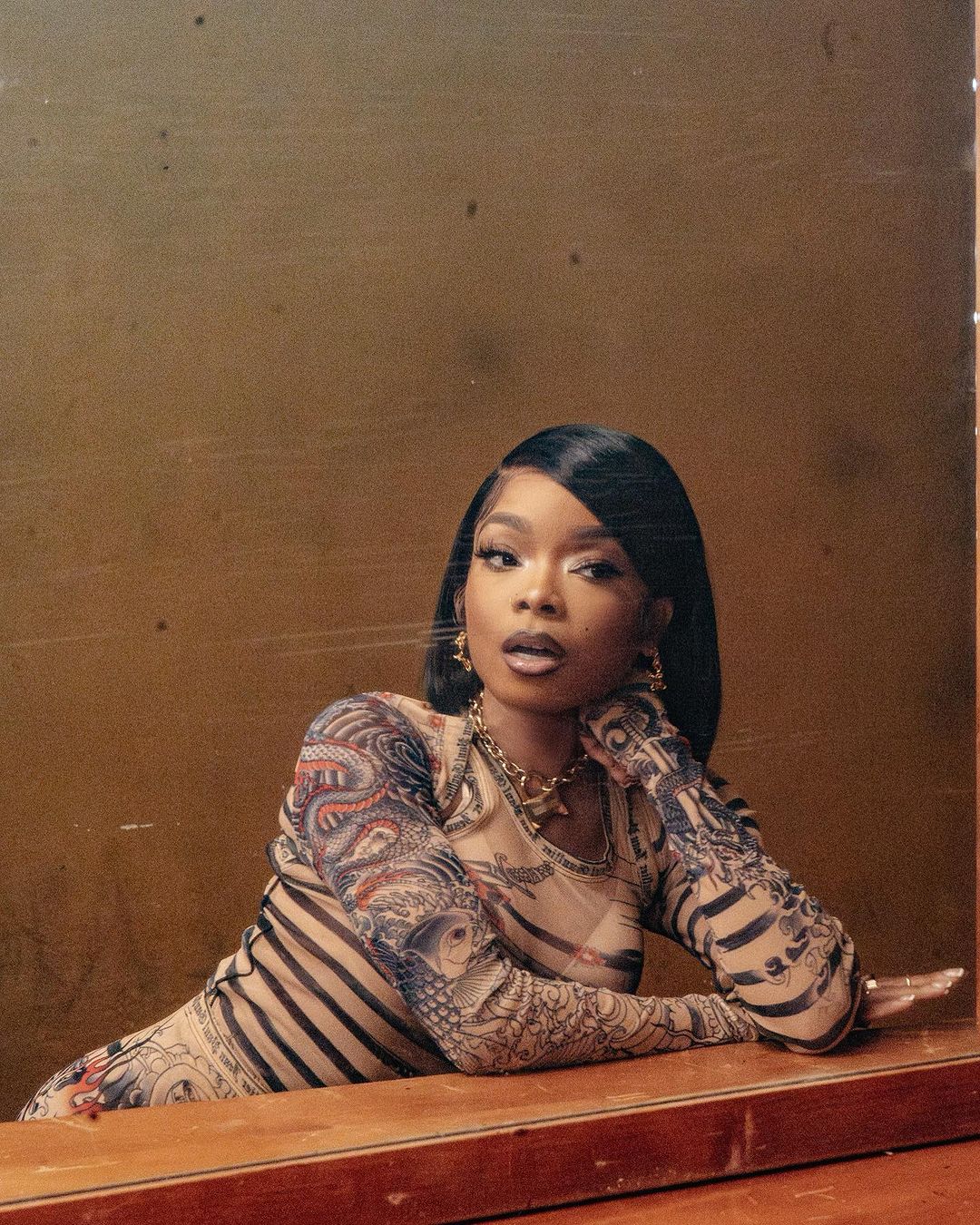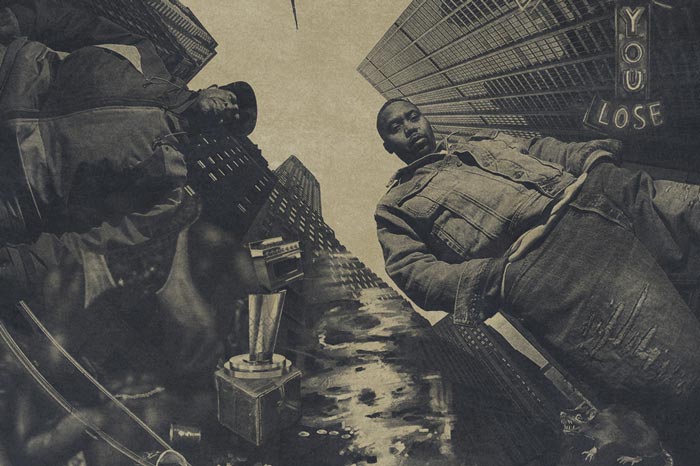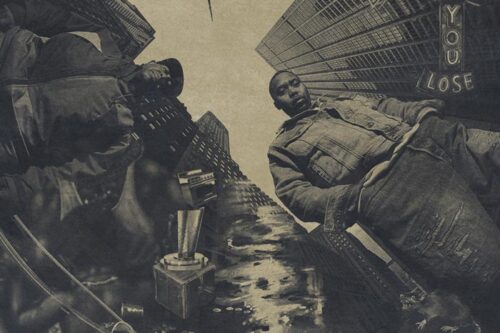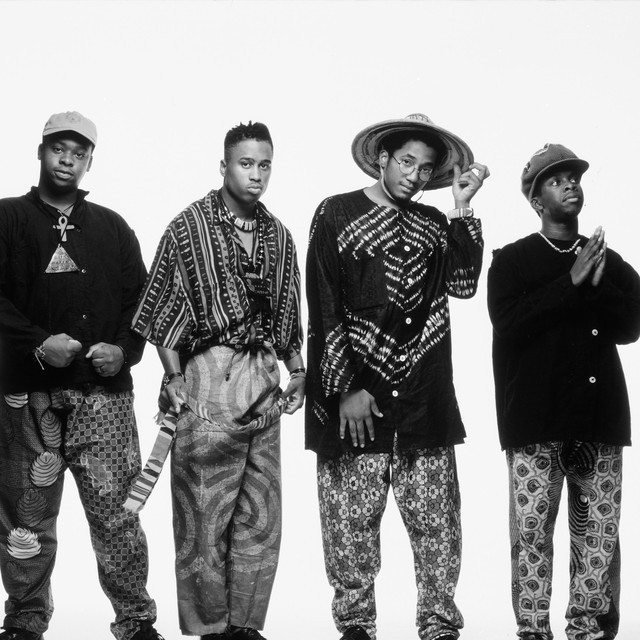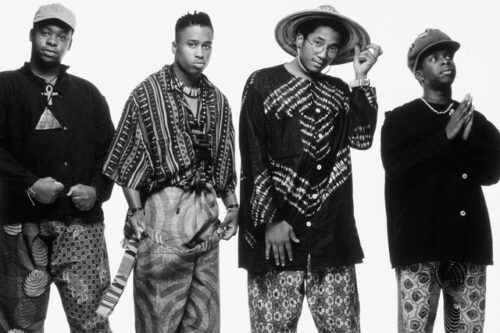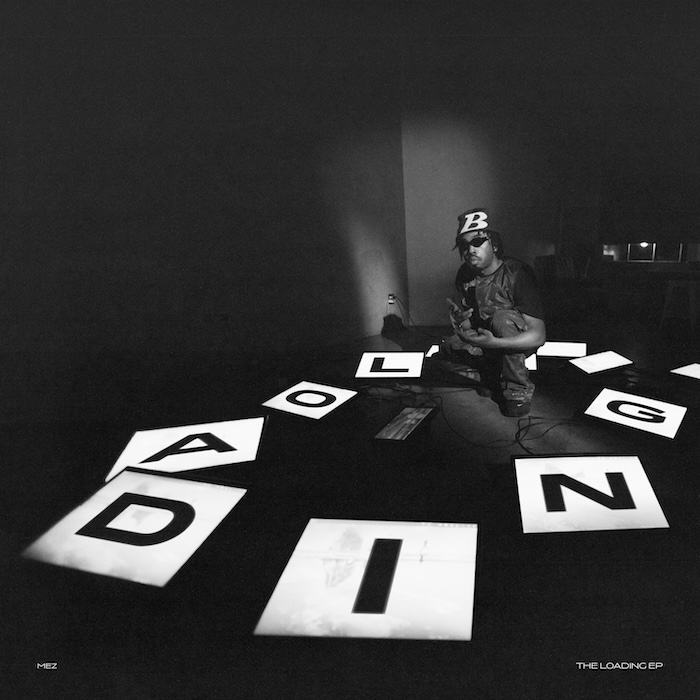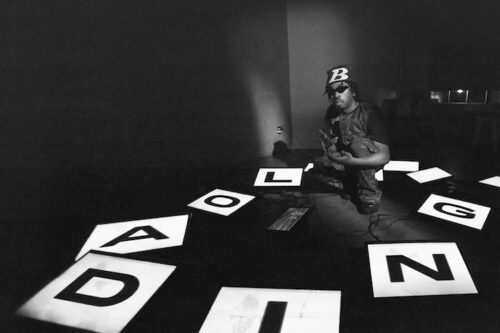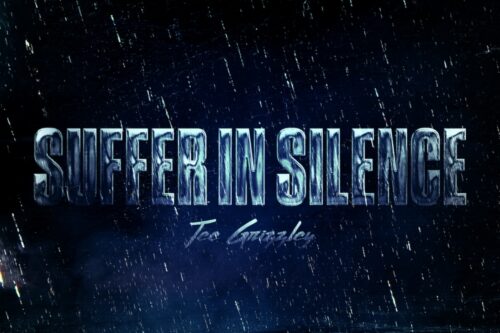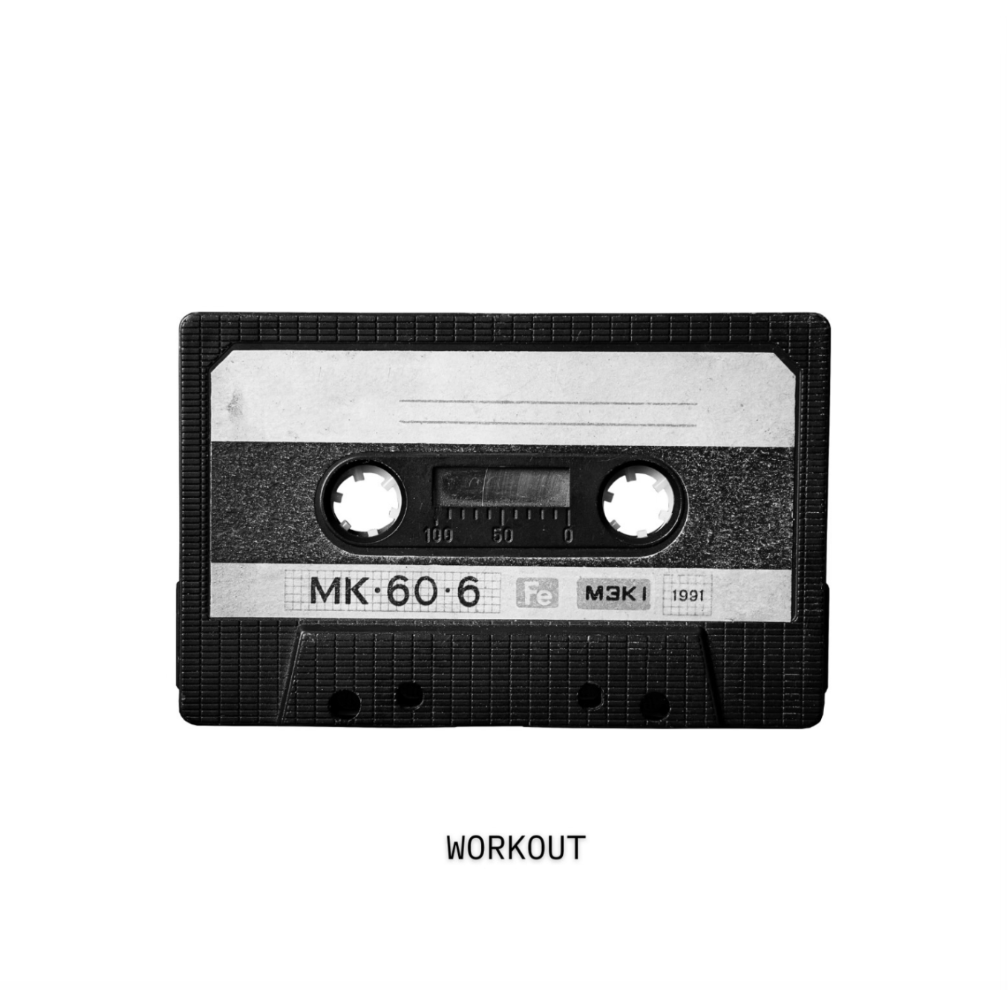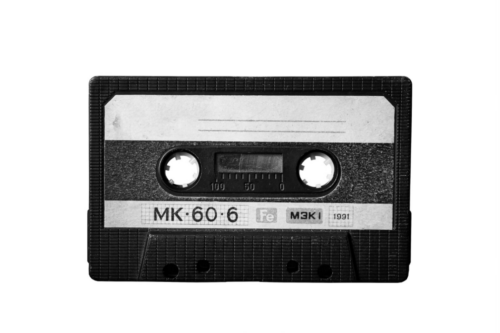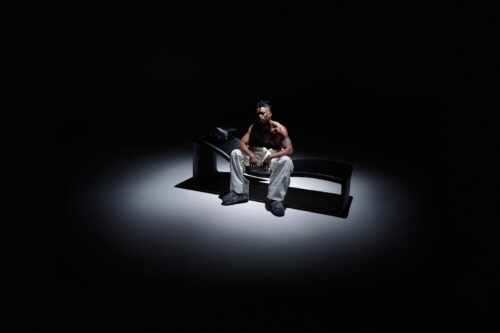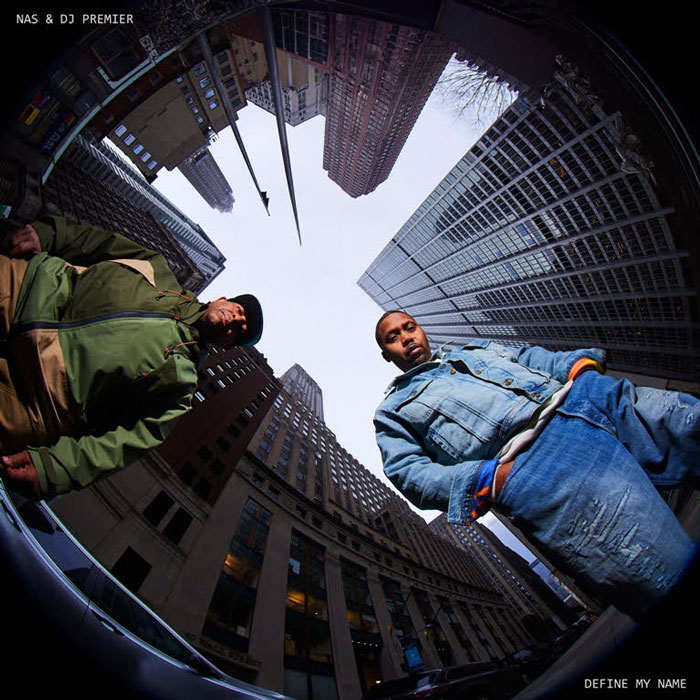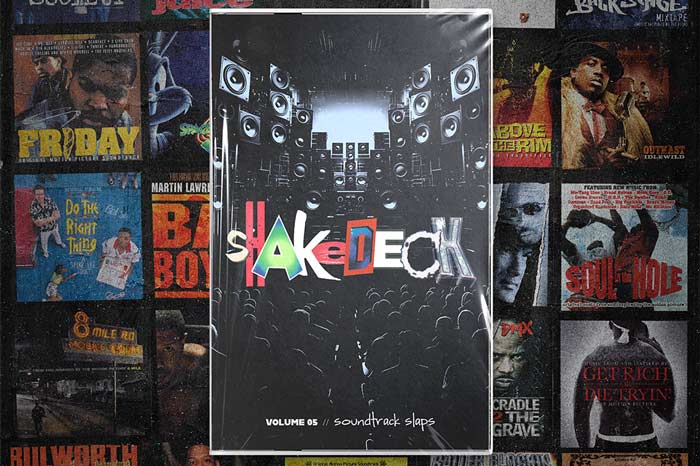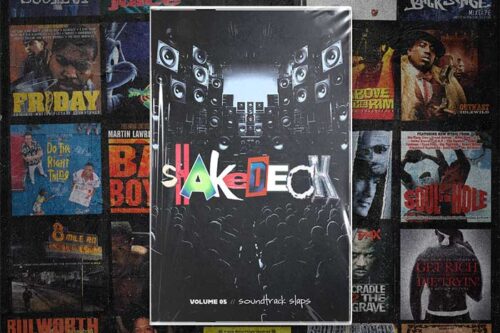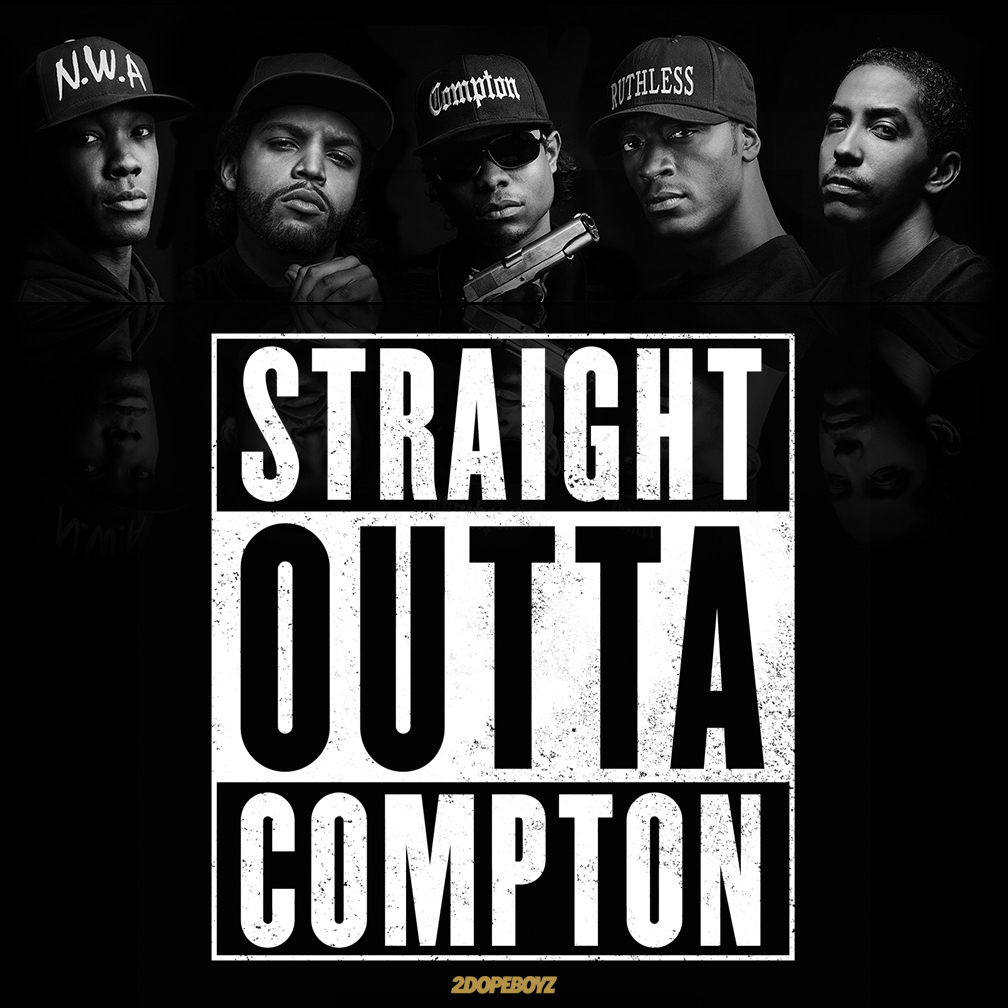
By now, if you haven’t seen the movie, you’ve likely read the numerous positive reviews that have championed F. Gary Gray’s N.W.A. biopic Straight Outta Compton. For the most part, the film has been showered with critical acclaim for its depiction of the “World’s Most Dangerous Rap Group.”
However, the film has been condemned in some circles. But not for what’s in the movie, rather, what has been left out.
There has been criticism that the film sidesteps Dr. Dre’s infamous 1991 incident with Dee Barnes along with shielding the audience from the group’s ultra misogynistic lyrics that were of the highly toxic variety.
“Culturally, we feel the need to sanitize those who achieve great things in order to force the world to fit into the moral box we’ve been conditioned to create. We don’t want to believe that our heroes can be bastards.” – Stereo Williams of Daily Beast
While I agree to a certain extent regarding the sanitization of those who are deeply involved with history, my issue is that critics tend to forget that they are watching a movie instead of a documentary. For Hollywood, facts always fall by the wayside in lieu of entertainment. And in the grand scheme of the narrative, addressing Dee Barnes and/or the misogyny of N.W.A. would have latched on another sub plot that would have stretched the movie well beyond it’s already robust 2 ½ hours.
More importantly, I question whether the film’s critics (or the outlets who published the criticism) were as critical of Johnny Cash’s early years of bigotry that weren’t present in Walk The Line. But I digress…

Once you watch the film, you realize that the 140-minute journey could have easily been doubled if Gray decided to add many of the subplots that surrounded N.W.A.’s members. Aside from the Barnes incident, the movie also fails to address the rivalry between Dr. Dre and Eazy-E that spawned the singles “F*ck Wit Dre Day (And Everybody’s Celebratin’)” and “Real Muthaphukkin G’s” – and, to a lesser degree, the infamous image of Dre rocking sequins and lip stick from his World Class Wreckin’ Crew days. Another subplot that wasn’t serviced was the deaths of Tupac and Notorious B.I.G., which played a significant part in Dr. Dre departing empty handed from Death Row. Or how about the 1995 Source Awards where Suge Knight dropped the verbal bomb that still resonates in hip hop? I mean, if we’re going to nitpick, where the hell is Arabian Prince?
Again, let’s keep in mind that Straight Outta Compton is a movie. And movie’s still must maintain a certain amount of entertainment value while servicing a narrative that the audience can follow. Although N.W.A.’s treatment of the opposite sex will always be a thorn in the group’s Kevlar vest, trying to understand the logic of a critic thumbing their nose at the film is lost on me. If you want the full story, watch a documentary that’s primary job isn’t to entertain us while attempting to document a true story.
What needs the most attention paid to it is how relevant the movie is today. It’s almost chilling to watch the group stare at the television screen during Rodney King’s infamous beat-down from the LAPD with a look that suggests “I can’t believe this is happening.” Unfortunately, they would have no idea that video of cops beating up a black man pales in comparison to what has been captured on video nearly 25 years later.
Considering the social climate of today, it’s a significant step when a biopic that revolves around a rap group whose only aspirations was to make music for their city encapsulates everything that it does within the allotted timeframe. Speaking from the perspective of an individual who grew up on N.W.A, it’s satisfying to see that their story – our story – matters.
To diminish that because of what was left out does more harm than good. Did Dr. Dre have his shortcomings? Absolutely. But so did a majority of America’s heroes. George Washington will always remain on the dollar bill regardless of how many slaves he owned. But that part is torn from our history books. You know what else hardly exists in our children’s history books? Malcolm X and the Black Panther Party. Why? Because they were a threat to Old American Supremacy. The stories of Eldridge Cleaver, Assata Shakur, Marcus Garvey, Huey P. Newton, Che Guevara, Stokely Carmichael, Nina Simone, Bessie Coleman, Larry Doby and a litany of others will remain a mere footnote in American history as long as we allow someone else to tell their story. Will N.W.A. be a significant part of American history? I’m not too sure. But to preserve the memory, they have been immortalized in film.
So kudos for F. Gary Gray for being behind the lens to help tell one of ours.
Obviously, domestic violence is something that we shouldn’t take lightly but, for the sake of the movie, to include it wasn’t absolutely necessary. Especially when you consider that our lives wouldn’t be the same without N.W.A.
And what makes the experience worthwhile is how impressively F. Gary Gray captures it. If it wasn’t a biopic, Straight Outta Compton would still be an entertaining watch that is filled with excellent cinematography and strong performances from the cast.
The progressive mind of Ice Cube is captured brilliantly by his son, O’Shea Jackson Jr, who fought tooth and nail for two years trying to convince Gray that he was suitable for the role of his father. Jason Mitchell is a revelation in his portrayal of Eazy-E where his notable child-like voice as surrounded with a sense of humor that is fitting of the late charismatic Ruthless rapper. Corey Hawkins also does a great job as Dr. Dre, of which the film revolves around. Neil Brown Jr. (DJ Yella) and Aldis Hodge (MC Ren) round out the Compton group while Paul Giamatti does a serviceable job as Jerry Heller.

The movie isn’t just a film about some rappers; it’s truly about the society they came up in and how their approach to music completely changed pop culture as a whole. And the scenes that hit the most (the Los Angeles Riots and the infamous performance of “Fuck The Police” in Detroit that caused police to rush the stage) are the ones that held the most significance. But there’s also a sinking realization through the lens of this movie that the more things change, the more they remain the same as the deaths of Eric Garner, Mike Brown, Trayvon Martin, Freddie Gray, Sandra Bland and numerous other black lives cut down has sparked protest across the country.
If only today’s rappers were as daring as N.W.A.
There’s no need to really go over the narrative. If you’re reading this review, you should know the history of N.W.A. If not, watch the VH1 RockDoc on N.W.A. that the script is nearly a beat for beat in parallel of.
Straight Outta Compton is a remarkable achievement for the hip-hop community. For a culture that was once considered a fad, the fact that N.W.A. has been immortalized on the silver screen with an excellent movie most certainly cements our history. To have everything that this movie accomplishes tarnished by what’s left out shouldn’t be the beats that journalists choose to take their chunk of flesh out in an effort to garner page views. Of course, it is not without its flaws. But given the sprawling landscape that the film had to traverse, we should spend less time criticizing and more time applauding a significant moment in our history.



